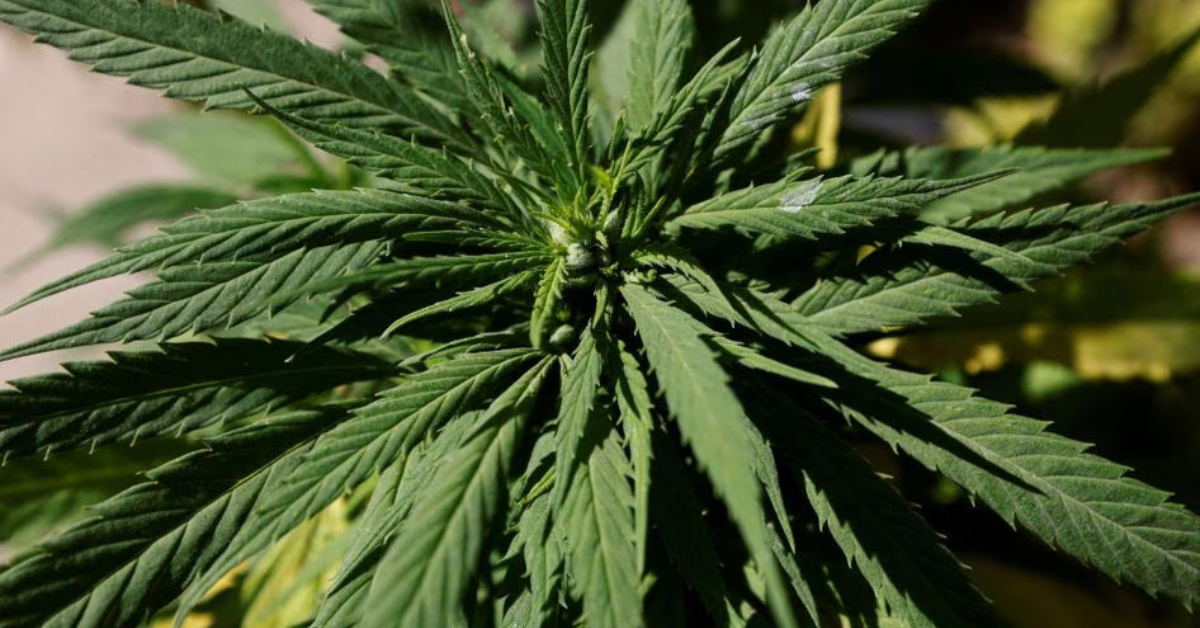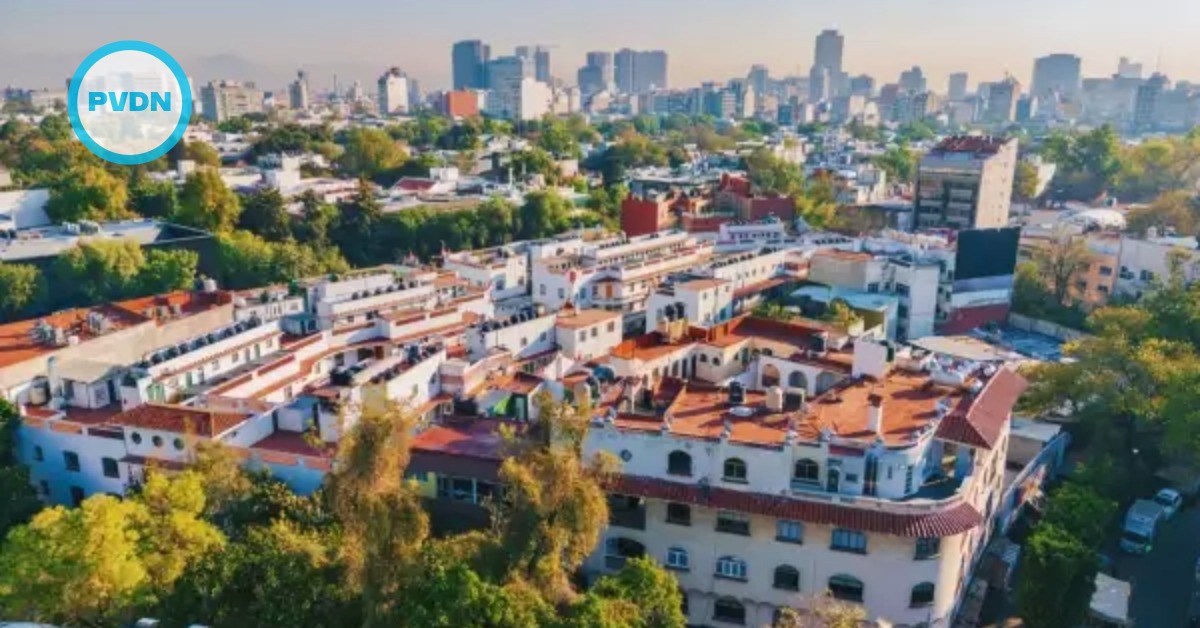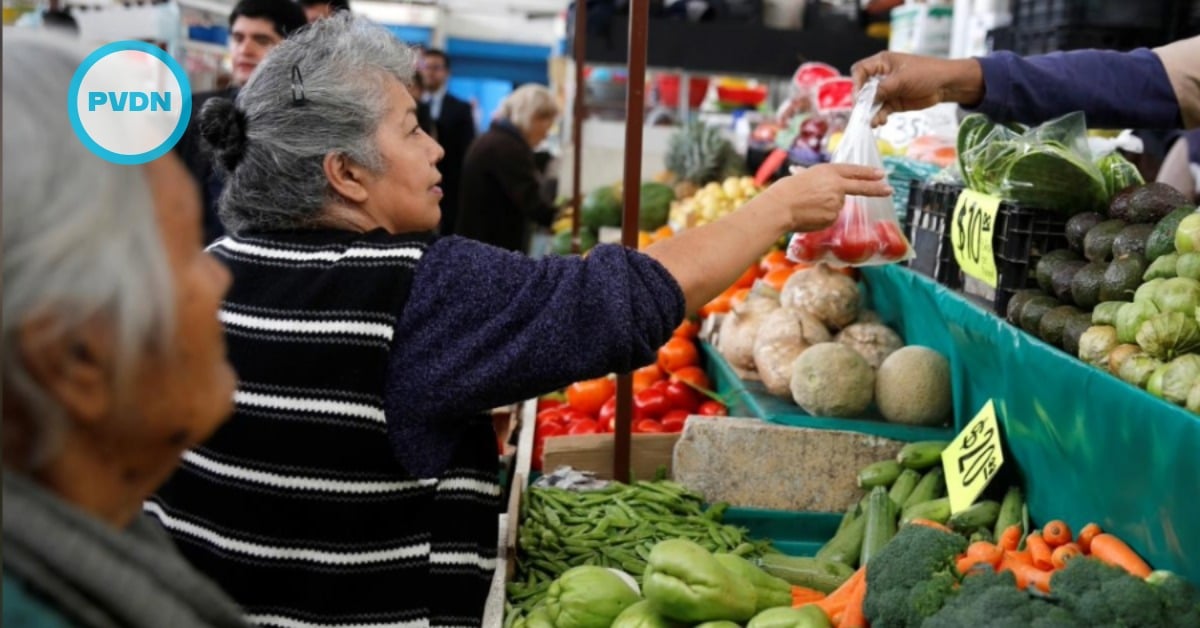Following the SCJN ruling, Chiapas grants its first recreational marijuana permit, marking a milestone in cannabis rights and opening doors for dozens more applications for personal use.
A citizen of Chiapas has become the first in the state to secure official approval for recreational marijuana use after an 18-month legal battle, local activist Rodrigo Zepeda confirmed. The landmark permit follows a recent Supreme Court of Justice of the Nation (SCJN) decision that upheld individuals’ right to plant, cultivate, harvest, prepare, possess, transport, and consume cannabis for personal use.
Zepeda, a . . .






